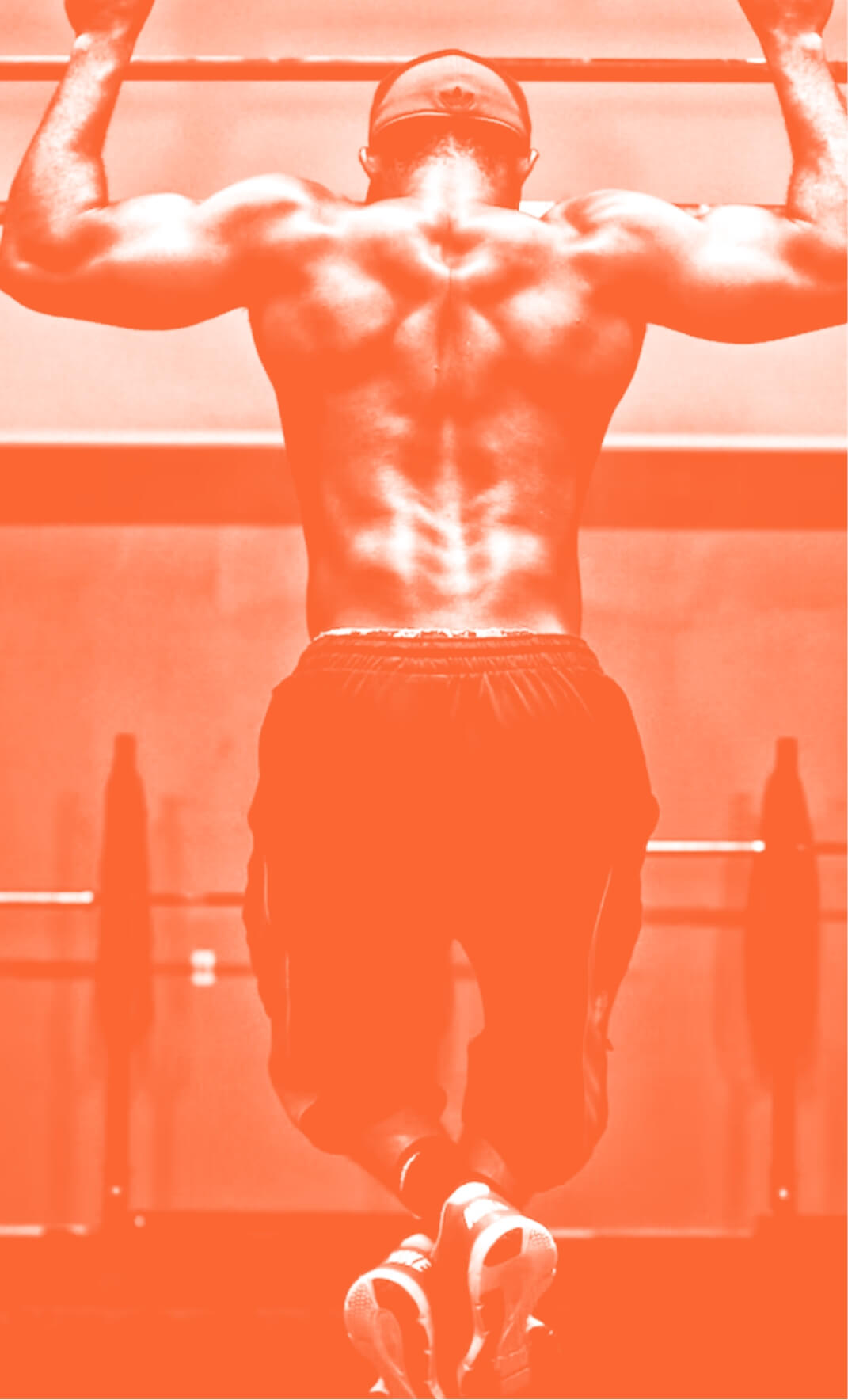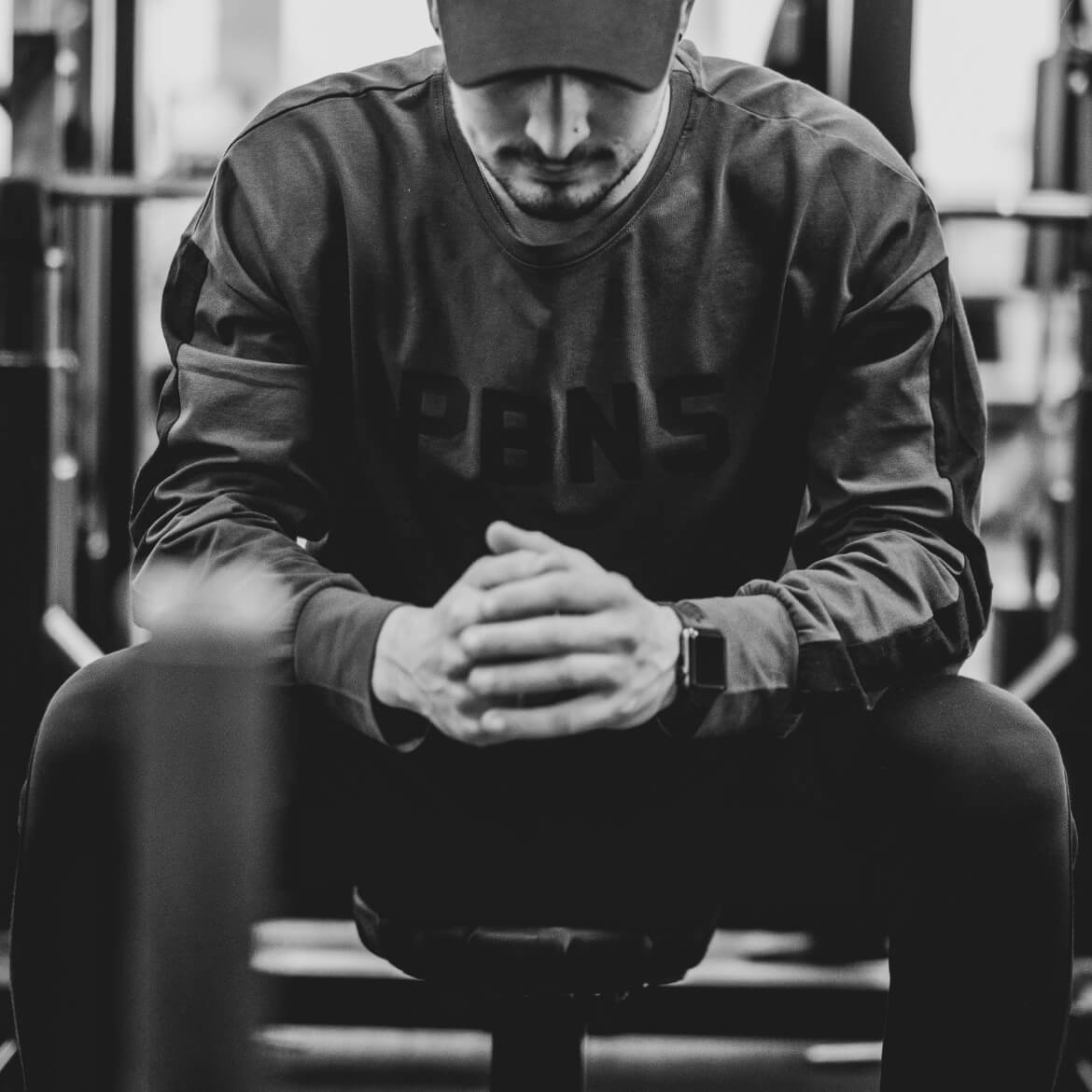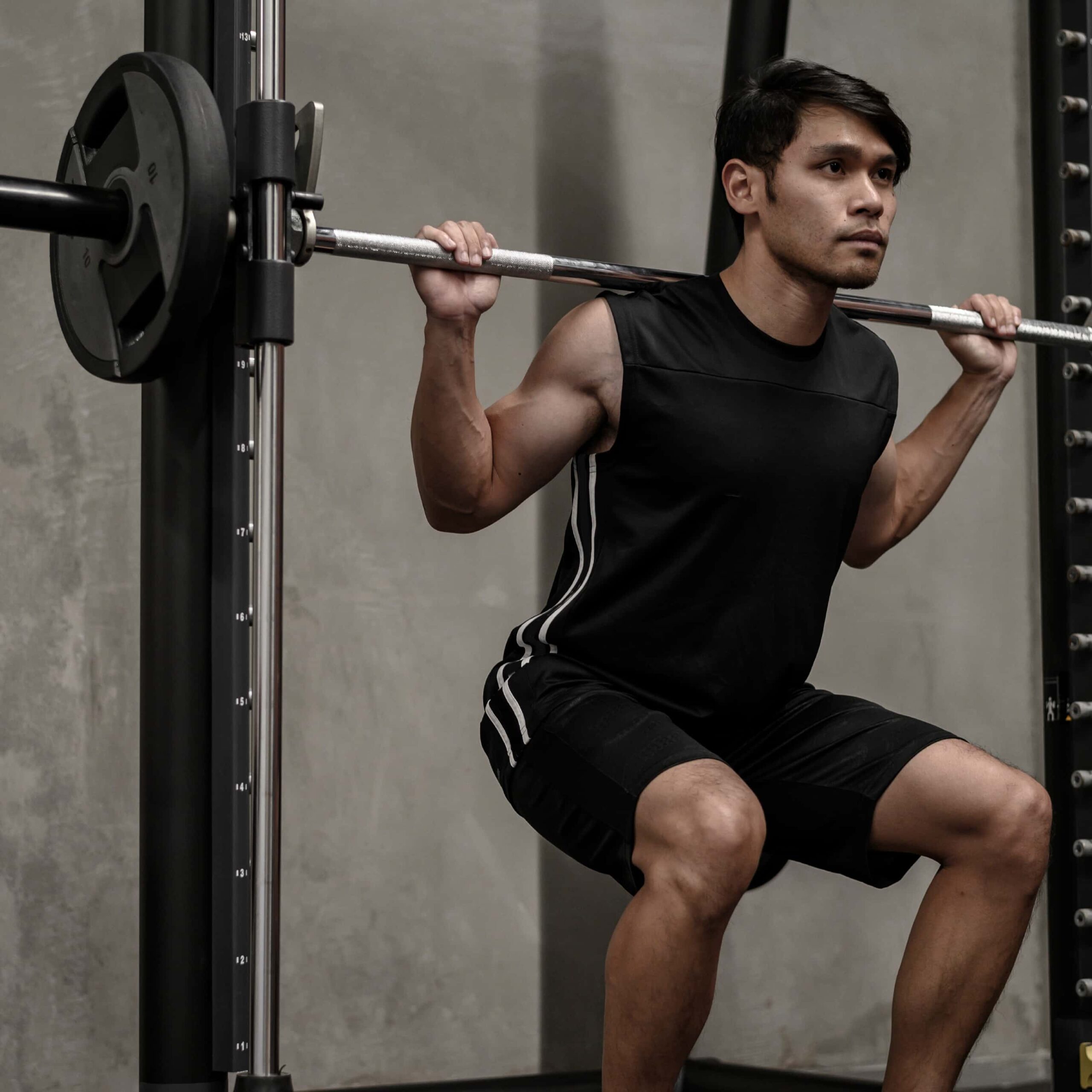How Should you be Training for Your Fitness Goals?
30th Jun 19

Exercise and fitness is a hugely broad topic. We get that. Everyone trains for different reasons and has different fitness goals, whether it be for sports or hobbies, or even just being a little bit healthier or making sure you’re doing the best for your body. So it varies from person to person, and that’s great.
Because of this, though, it’s important to know how to get the best out of your training and to work towards the fitness goals you set yourself. That’s better than just following the crowd or doing what you think is right.
Want to move fast? Jump to the right section below.
Fitness Goals
Goals can vary massively in everyone, from young adults trying to create a better body image or keep up their physique for sporting events or outdoor activities, right the way through to older adults often training to keep their heart healthy and make daily life that little bit easier. The type of exercises required for this is obviously extremely different, so what are your goals, and how do you train for them?
Let’s take a look:
Strength

One of the most popular exercise goals is to boost strength and muscle mass. Not even just for size, but for health too! The most commonly thought exercise method to get there is through strength or weight training. It’s not all weights and machines, though. Your equipment and exercises are a big part of it, but they aren’t everything. There’s way more to it than just that.
Bodyweight exercise is still a preferred strength training method for those trying to get leaner rather than bigger, especially those who simply want a more toned yet athletic physique and strength set without risking joint damage or injury. This is still an effective way to go about doing so, but it can only get you so far. You will eventually stop progressing in terms of muscle mass increase, at least, so make sure it’s the right fit.
Combining the two will make sure that you are not putting too much stress on the body. With the addition of cardio in some places, you may even magnify your progress and notice a bigger difference. You’ll be increasing your performance across the board too! Just make sure you are not overtraining and causing damage or a lack of progress by not allowing yourself to rest. On top of that, do not use it as an excuse to eat whatever you want to maximise calories.
Endurance

Another popular fitness goal is building your endurance. Cardio exercises like running, cycling, rowing, and swimming are equally as important as strength training and are the centrepiece for this fitness goal. These kinds of exercises will raise your heart rate, likely for prolonged periods of time and will help your general health and stamina. They’re crucial for performance, too, if that’s your reasoning, all the while still helping tone up and build muscle. They’re all benefits of cardio!
This type of exercise will not gain masses of strength, though. Instead, it’ll build you up to your endurance goal and help you master whatever exercise you’re focussing on. It’s more about lung capacity and heart rate over time to improve performance rather than making any physical changes to your body, and that’s a key difference.
Weight Loss

Weight loss is a massive fitness goal for many people across the world, but it can be hard to figure out how to go about training for it. Many people assume to go straight for the cardio training equipment for long periods of time too. That way, you burn off calories for as long as possible. It is a good place to start, without a doubt, but it’s a little more complex than that.
Many people training for weight loss aren’t aware of the usefulness of strength training. Although it may not burn as many calories in one workout, it will still continue to burn calories even after the workout is complete and for hours afterwards, thanks to afterburn. The combination of the two can prove invaluable, so make sure you don’t stick to the same routine every time!
Hight intensity interval training can also be great to go about your fitness goals. It gives you the best of both types of training, but perhaps not to the same extent. H.I.I.T. training is often more effective for weight loss than cardio exercise and burns more calories for a shorter period by raising the heart rate and burning more energy in less time. It results in working far harder but for much shorter periods of time, so although it isn’t as effective at building endurance, it’s still useful across the board!
Balance and Flexibility

Other fitness goals that aren’t as performance-based aren’t uncommon either. Other than improving general fitness, many people exercise solely for their health too. That’s where balance and flexibility come into play. They’re a more popular fitness goal than you might think!
Exercising is great for reducing the risk of disease and risk of injury, so it can be useful to exercise just for these reasons. In addition to these, it’s great for treating already present conditions and eliminating pain or correcting these injuries. Arthritis and bone density issues are the tip of the iceberg!
Exercising like this is often mostly benefitted by stretching exercises like yoga and Pilates, which increase core strength as well as mental health. They can be extremely beneficial to everyone in the long term but may be more time consuming and more specific in terms of a training routine. However, these also improve balance and flexibility, which can be common issues, so a variation is good.
Other Factors

Outside of training, it’s important that you are still making the most of your efforts. This may sound confusing, but what we mean is alongside your training, the way you are conditioning and treating your body outside of your place of exercise is key to reaching your goals. There won’t be much point in going to the gym for an hour to lose weight before then eating the unhealthiest greasy food you’ve ever seen, for example, as a treat. It has to be a long-term and sustainable plan.
Diet
So, dietary planning is essential, but what should you be doing? Eating the right combination of macronutrients (carbohydrates, proteins and fats) can be difficult. But generally speaking, cutting saturated fats, maintaining healthy fats, and using more carbs for more exercise, is a good rule of thumb. Don’t forget to include sufficient protein for muscle growth. Of course, this varies with metabolisms in different people, so structure your own plan and maintain a balanced diet.
Rest
Rest is vital too. Many people aren’t able to switch off their exercise routine and just stick with the idea that more exercise is better. This is so counterproductive that you wouldn’t believe it. Too much exercise will cause more bad than good. Sleep is when you will have the most recovery after you put your body through a lot of stress and is where you’ll see the brunt of your work taking place, so make sure you get enough of it.
Mentality
Finally, your mind is crucial to consider when thinking about how you are training for your fitness goals. If you are miserable or hate your training, consider changing your plan to something more suited to your likes and dislikes rather than doing something that stresses you out or makes you uncomfortable. Exercise can be enjoyable; you just have to find what works for you. The mind and body are often dependent on each other for successful results, so make sure they are both as healthy as can be.
Ultimately, if you have a chance at reaching your fitness goals, it’s through a healthy lifestyle, not just your fitness training. Your fitness is for life, not just your one-time goal. So make sure you train right, train hard, and take the time out that you need to!

Before beginning any exercise or nutrition program, consult your physician, doctor or other professional. This is especially important for individuals over the age of 35 or persons with pre-existing health problems. Exercise.co.uk assumes no responsibility for personal injury or property damage sustained using our advice.
If you experience dizziness, nausea, chest pain, or any other abnormal symptoms, stop the workout at once and consult a physician or doctor immediately.









